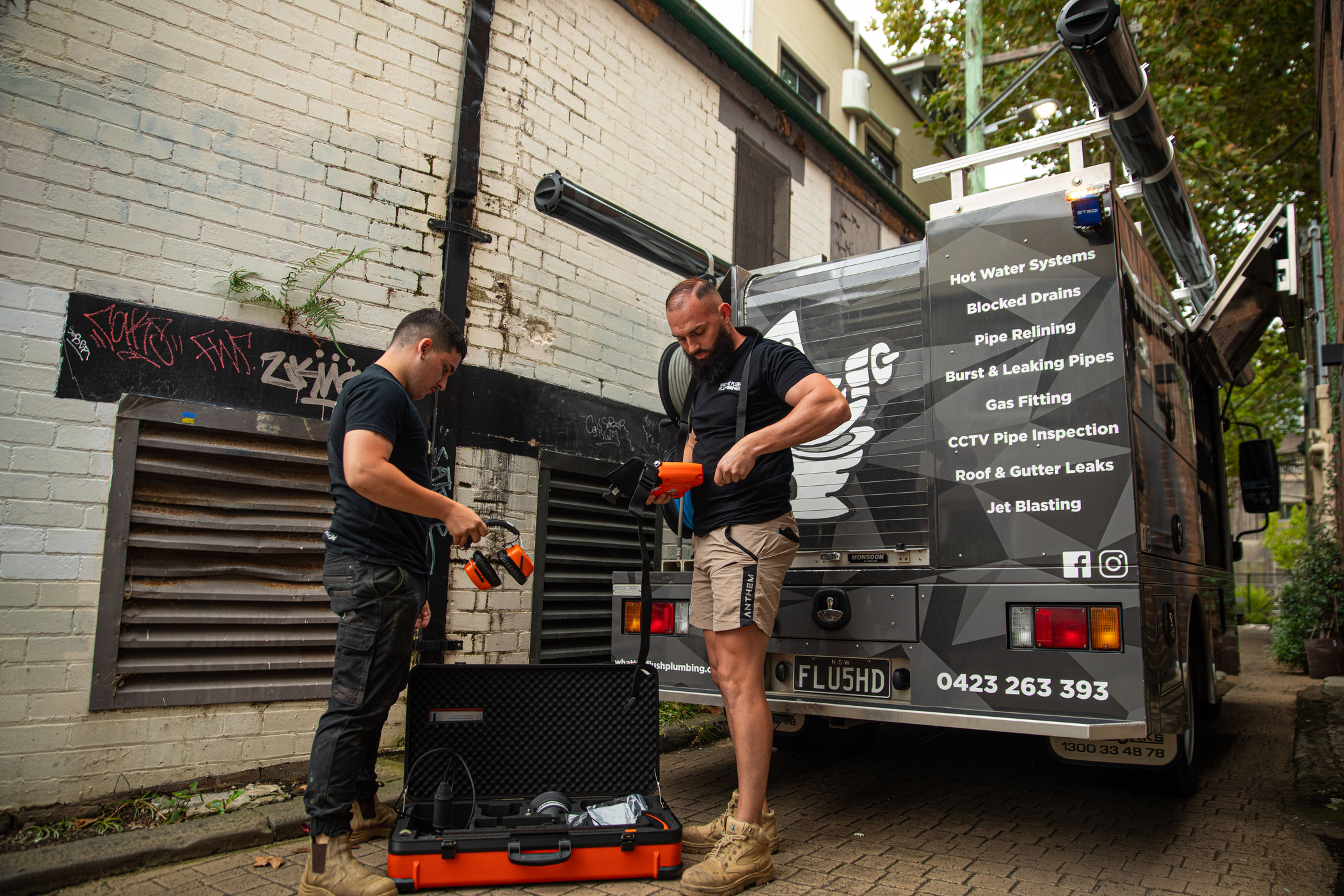HEAD TO HEAD: HOW DO YOUR STATE'S TRUCKING REGULATIONS STACK UP

 Anyone who’s sat behind the wheel of a truck and eyed the highway stretching to the horizon knows that being a truck driver in Australia can be a challenge.
Not only are you dealing with stretches of road that sometimes resemble Swiss cheese and weather conditions that go from fine to frightening in two shakes of a lamb’s tail, but you’re also required to navigate new rules and restrictions every time you cross the border into another state or territory.
Historically, the stuffed shirts in state and territory capitals haven’t done a lot to make things easier on interstate truck drivers. Even after the Heavy Vehicle National Law Act was enacted in 2014, the Northern Territory and Western Australia governments didn’t sign on to endorse the legislation in their jurisdictions – somewhat eroding the significance of having the word ‘national’ in the Act’s title.
But fear not, we’ve bravely waded through the legalese to give you a better understanding of how the states and territories regulate their road networks.
Anyone who’s sat behind the wheel of a truck and eyed the highway stretching to the horizon knows that being a truck driver in Australia can be a challenge.
Not only are you dealing with stretches of road that sometimes resemble Swiss cheese and weather conditions that go from fine to frightening in two shakes of a lamb’s tail, but you’re also required to navigate new rules and restrictions every time you cross the border into another state or territory.
Historically, the stuffed shirts in state and territory capitals haven’t done a lot to make things easier on interstate truck drivers. Even after the Heavy Vehicle National Law Act was enacted in 2014, the Northern Territory and Western Australia governments didn’t sign on to endorse the legislation in their jurisdictions – somewhat eroding the significance of having the word ‘national’ in the Act’s title.
But fear not, we’ve bravely waded through the legalese to give you a better understanding of how the states and territories regulate their road networks.
The Good News
If you’re a glass half full kind of person, you’ll take comfort in the knowledge that Australia is working towards a more uniform system. Industry bodies recognised that the piece-meal approach to regulation was causing too many headaches for drivers and creating inefficiencies throughout the industry. So in 2013 the National Heavy Vehicle Regulator (NHVR) opened for business to push towards a single set of laws governing vehicles over 4.5 tonnes. Since then plenty of progress has been made. Now there’s a website that can help keep you up to date on the regulations affecting you while you’re out on the road. It provides a point of call for obtaining access permits (for everywhere except WA and NT, who are still doing their own thing) and even offers a national journey planner that will be a big help until the rest of Australia catches up with Victoria’s tech-savvy telematics scheme. The NHVR has also set out a uniform set of standards regarding heavy vehicle mass and dimension limits. While there are a couple of state-specific exemptions to this list, it will provide a good guide for drivers. In the Northern Territory, vehicle heights and weights do not deviate a great deal from the national standard as well. Information about the dimension and mass restrictions can be found online. Likewise, the dimension and mass limits for trucks in Western Australian fall into line with the rest of the country, but it’s worth checking this information sheet on the Main Roads WA website. The Heavy Vehicle National Law also creates uniformity regarding infringements and penalties for drivers operating in the eastern states, and South Australia. There’s a helpful document (if a 54-page list of fines can be considered a help) on the NHVR website that lays out what any slip up is going to cost you.The Bad News
If you’re prone to seeing glasses as half empty, then the NHVR has a long way to go before it’s removed every regulatory hassle from truck drivers’ lives. Particularly in relation to permits to operate class one heavy vehicles solely within the boundaries of individual states and territories. Drivers operating within Queensland, Victoria, South Australia and the Australian Capital Territory need to contact local authorities ahead of their journey. Similarly, the NHVR doesn’t issue class three permits for vehicles travelling in the jurisdictions of South Australia and the ACT. Though that makes things difficult, their website provides a useful guide about who to contact about permits. Then there’s the Northern Territory and Western Australia – the nation’s mavericks – seem hellbent on making things that little bit harder for truck drivers. It gets tough when drivers want to apply for permits relating to interstate travel to or from either WA or the NT. This will require operators to contact the local authorities, as well as the NHVR. WA and the NT also have their own individual approaches to fatigue management regulations. In WA, drivers can do no more than 17 hours between breaks of at least 7 continuous hours, and there must be at least two periods of 24 continuous hours of non-work time in any 14-day period. In the Northern Territory, transport law does not regulate driving hours. In the Territory’s Workplace Health and Safety Act, employers have an obligation to provide a safe workplace, which does not endanger workers or others, and this is the only law covering driver fatigue. These differences illustrate how the system in place to regulate heavy vehicles travelling throughout Australia is far from perfect. While uniformity would undoubtedly make shifts easier for the nation’s drivers, it appears the brave souls behind the wheel are going to have to keep slogging it out in a less than ideal situation. So good luck and stay safe out on the road.


The all-new Isuzu truck range is about to arrive.
Register your interest and we'll keep you in the loop with the latest updates.
Learn More



